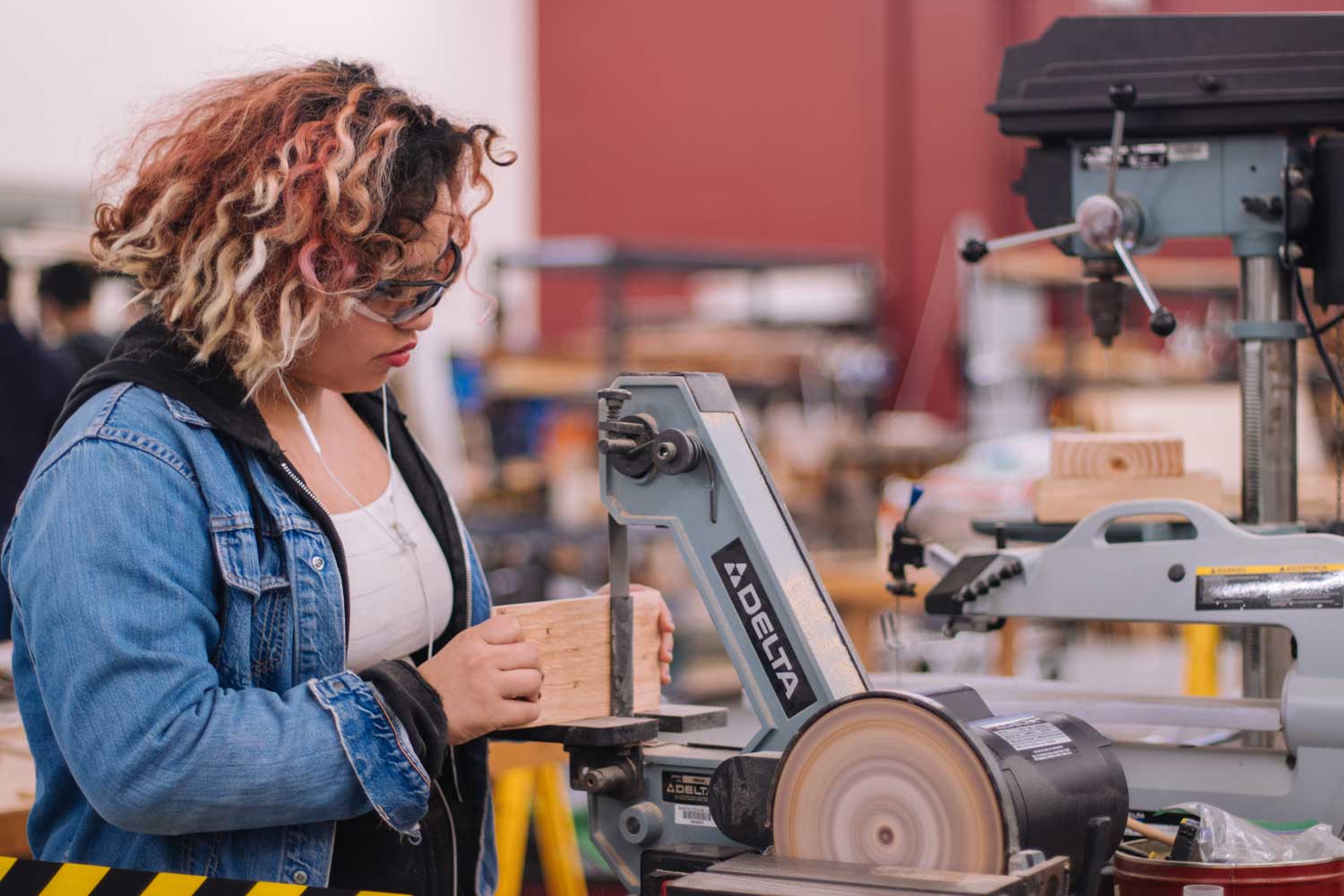Many automakers in the United States have begun to recover from recessionary levels of production they experienced over the past handful of years. In fact, Jesse Toprak, an analyst with the auto research site TrueCar.com, told The New York Times that consumer demand is back in the automotive industry and it doesn't appear to be diminishing anytime soon. With positive vibes illuminating from several of today's auto companies, what better time would there be to begin experiencing the cost savings of establishing a manufacturing presence in Mexico?
The industry is booming, established OEMs such as Ford, Toyota and GM have already established a presence in the country and partnering with shelter companies can allow parts supplier companies to experience a competitive advantage. Now is the time to look for a facility in Mexico to increase production and save money.
"The automotive sector in Mexico is one of the stronger ones around the world," Paul Robinson, senior economist at researcher IHS, said in a telephone interview with Bloomberg.
Manufacturing in Mexico is a smart business decision
With the American economy beginning to turn around, consumers have started to open up their wallets and purchase that new car that they have put off for months or even years. The New York Times referenced statistics from the Autodata Corporation, which revealed overall auto sales grew 9.2 percent during June. By shifting manufacturing to Mexico, supply partners who manufacture transmissions or brake pads can see levels of output and vast cost savings as shelter companies take care of labor management south of the border
"Mexican auto factories and Mexican manufacturing offer first-world productivity and quality at third-world wages," Harley Shaiken, a professor of education and geography at the University of California at Berkeley, told The Washington Post. "That is an unusual combination, and right now it is a defining combination."
Alberto Rabago, a union official who works at a Chrysler plant told the newspaper that the average pay at the facility where he is employed is $3.20 an hour, much lower than what union workers make in the U.S., who usually demand $14 to $18 an hour. Despite the wage disparity, Rabago said there is "labor harmony" between the company and its workers and he doesn't anticipate spats between the two.
Auto production is only going to increase in Mexico
As many automakers continue to focus on cost savings, decision-makers will continue to manufacture cars in Mexico. Bloomberg reported on recent forecasts from the Mexican Automobile Industry Association, which predicts output will swell nearly 40 percent to 4 million vehicles in 2017. And because of the country's free trade agreements with more than 40 countries, suppliers in the U.S. can easily ship their products to many locations all over the world.
While there may be some concerns that the manufacturing of automobiles in Mexico may be taking jobs away from American workers, George Magliano, senior economist at industry research firm IHS-Automotive, believes that is simply not the case, according to The Washington Post.
"Mexico is not siphoning off jobs from the U.S.," said Magliano. "North America is becoming a new hub for export production, and the bulk of it is occurring in Mexico. But some of it is happening in the U.S."
He shared some estimates produced by his firm with the newspaper that forecast output in North American auto plants to grow from 15.5 million in 2012 to 17.8 million in 2020. By joining the trend of outsourcing manufacturing to Mexican shelter companies, American autoparts makers can add to their success.
The Offshore Group: You Manufacture ... We Do The Rest
Subscribe
Sign up and stay informed with tips, updates, and best practices for manufacturing in Mexico.





